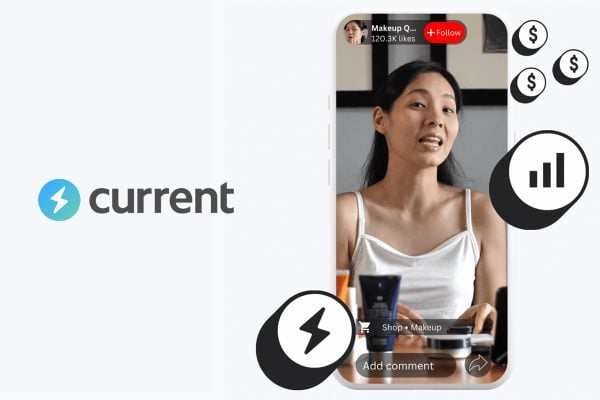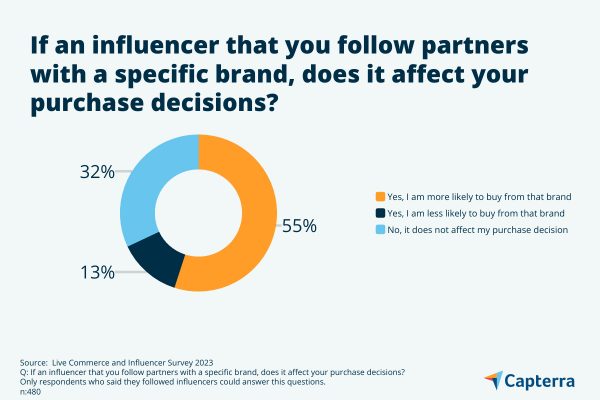Bazaarvoice have revealed research that shows how everyday influencers are more trustworthy than celebrities to consumers and that brands who promote their products might have a better time reaching consumers through authentic, genuine, and transparent influencer content.
Quality over quantity
While normal consumers may not consider themselves influencers, they certainly are – everyone is. And the everyday social media user has become the preferred influencer to follow for over half of consumers (56%). Whether it’s friends, family, peers, or wider networks, those that share day-to-day content, products, and places that they find a genuine interest in, without an agenda to promote, are now the most trusted source for authentic and genuine content for two in five consumers (38%).
The millions of users who follow celebrity influencers should not be underestimated, with over a third of UK consumers mostly following celebrity influencers (36%), but there is now a significantly lower level of trust associated with celebrities. Almost three quarters of consumers (72%) do not care about the number of social media followers they have, it is all about the content.
Transparency is key
Various countries have implemented regulations to enforce transparency but two in five consumers feel these rules have made no difference to how much they trust influencers. Almost half (42%) don’t think influencers have become more authentic in the last five years. In fact, 80% of consumers globally – rising to 85% in the UK – still want to see stricter rules for influencers to disclose editing or filters they used on published content.
Authenticity is a headache for brands
Regulations from the Advertising Standards Authority in the UK have made it compulsory for influencers to declare ‘#ad’ when a post has been paid, in an effort to instil greater trust. Unsurprisingly, it is posts by everyday influencers that are not sponsored, and which promote general consumer content, such as recommendations, reviews, and photos and videos, which consumers trust the most (83%). Just 16% of UK consumers trust sponsored posts on social media.
Over a third of respondents (37%) said they are more likely to take product recommendations from the everyday influencer, with 44% keen to see those consumers receiving PR packages from brands. This desire for genuine and unbiased reviews means that a large proportion (86%) of consumers seek out authentic user-generated content (UGC) before deciding to buy a product they’ve not personally tried before. Two-thirds (68%) turn to UGC content for new tips and ideas for products they’ve used before.









